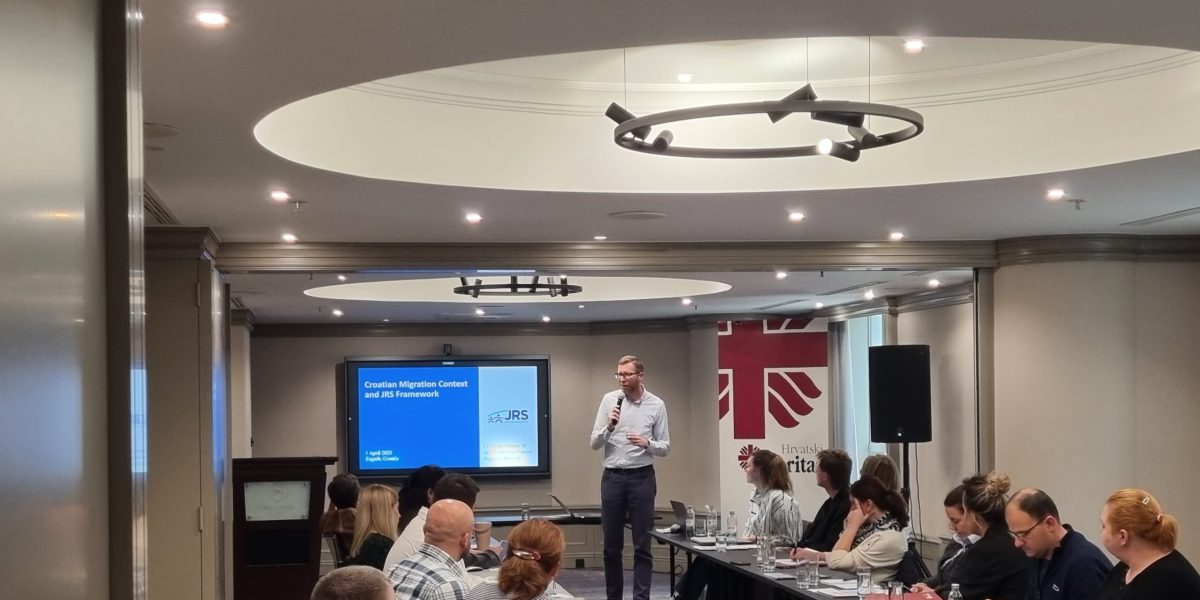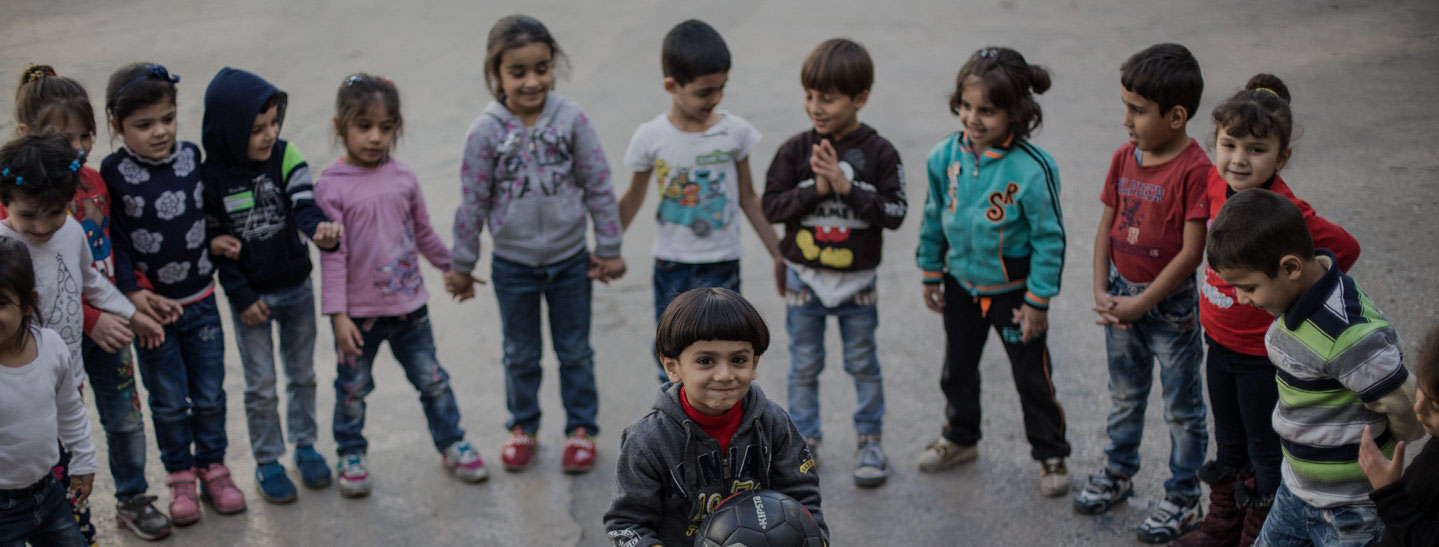Education within the project ‘Strengthening the Capacity of Civil Society Organizations for Counseling on Voluntary Return and Reintegration of Migrants’
21 February 2026

From April 1st to 3rd, 2025, the final educational meeting was held in Zagreb as part of the EU project “Strengthening the Capacity of Civil Society Organizations for Counseling on Voluntary Return and Reintegration of Migrants.” The event was organized by Caritas International Belgium and the International Centre for Migration Policy Development (ICMPD), in cooperation with the ERSO network – European Reintegration Support Organisations. Together with Caritas Croatia, we had the honour of supporting the organization of this event.
Zagreb hosted the fourth and final international gathering within the project, following previous trainings held in Belgium, Albania, and Denmark. The event was aimed at representatives of civil society organizations and faith-based institutions working with migrants, with the goal of strengthening their capacity to provide advisory support to individuals returning to their countries of origin.
Around thirty participants from eight countries – Croatia, Albania, Belgium, Moldova, Slovenia, Bulgaria, Poland, and Kosovo – took part, representing national Caritas organizations and other groups engaged in migration and return-related issues. The program was led by experts from Caritas Belgium, the Danish Refugee Council (DRC), and ICMPD, with a focus on practical tools and methods used in migrant counseling.
The participants were welcomed by Fr. Tomislav Glavnik, Director of Caritas Croatia, and our Director, Fr. Stanko Perica, who was also one of the speakers during the training. Both highlighted the importance of building connections and exchanging knowledge among organizations working in the field of migration at various levels.
Over the course of the three-day program, we explored topics such as the EU Return Directive, the Pact on Migration and Asylum, working with vulnerable groups, and the challenges of reintegration. Special attention was given to the practical difficulties returnees face – including lack of housing, employment, and access to basic services, as well as psychosocial hardships. Many return to their countries under very difficult circumstances, often having sold all their belongings to fund their migration journey. In this context, the role of counselors and local organizations proves crucial for a sustainable and dignified reintegration process.
We at Jesuit Refugee Service are proud to have been part of this initiative and to have supported efforts aimed at building capacity and fostering a shared network of solidarity.

